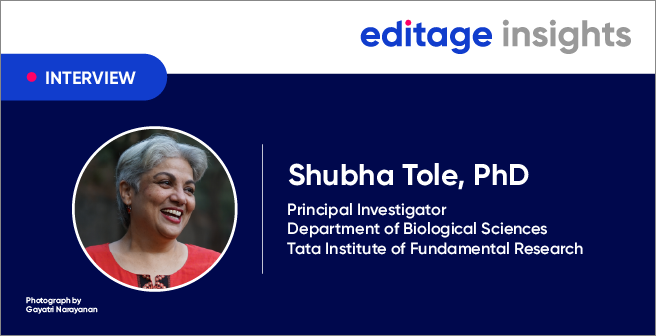My students often ask me: “How did you do it all?”

As a young academic and visiting lecturer, I’m often asked by students, “How did you do it?” And my secrets are as follows:
In fact, they’re not secrets at all. I remember sitting in a pub with my mum at the end of my first year of university, saying that university doesn’t really test how intelligent you are but how you work. And this is so true. Of course, through hard work comes intelligence and, depending on your definition of intelligence, it (university life) does test it to some extent. Let me explain.
I am a very organised person… on the outside. I write list after list, now with my faithful OneNote (Why? – Read my blog), and this all started in first year. While the majority of students were sobering up after “Freshers’ fortnight” that always lasts at least a month, and complaining that they only have 10 hours of lectures a week, I was writing up lecture notes into revision notes; planning for essays that were due next term; becoming a student rep; working as a language ambassador for SOAS and researching content for Year 2.
By Term 2, I had detailed essay plans with background information and sources ready for further information from lectures to be slotted in and typed out. I had revision notes for Term 1, written out and coloured, ready to add Term 2. Sometimes it’s hard to find momentum in the first and second years, when you feel like all your deadlines are months away, but setting personal deadlines (that you stick to) removes the pressure at the end.
Now, because all these tasks don’t require a huge amount of concentration, I had music and comfy clothes and copious amounts of tea – so it wasn’t too taxing either. I actually felt like I was being constructive with my time and as deadlines approached in April and May, I had 1 or 2 assignments to finish. I actually went on a small holiday at the end of first year after submitting my last assignment early. Subsequently, because I had prepared for Year 2, I was already ahead at the beginning of term.
So far, I sound like I do nothing else except study and my students often ask if I have a social life, what with doing a PhD and teaching (and we all know that’s not even the half of it), but of course I do and you can do this at the undergraduate level too. The beauty of starting work, revision, essay plans, presentation practice etc. early, is that you actually feel like you have more time to do other things.
If you tell yourself; on Tuesday, Wednesday and Thursday, you’re going to wake up at 8.00, get to the library by 9.00 and work until 3.00, it’s not actually a long day (trust me) and you will always be ahead. If you have lectures in the day, stay later or go on Mondays. If you do this every week of the term, by week 10, your assignments will be completed, you will have time in the evenings to do your own thing and by deadline week, you can go out, enjoy your time and still have a social life. This is so important. And yes, I did partake in Freshers’ (didn’t we all) and sometimes, I missed a day of work because of a “migraine” but stress and pressure are not good for you physically or mentally. By distributing your time evenly across the term, you’re more likely to be healthy; have an opportunity to visit home or see old friends; explore London; exercise; socialise; and enjoy your time at university.
Ok, so at the PhD level, I work longer days and include Sunday morning in my work timetable but it’s a similar principle. In fact, this system meant I could work alongside my undergraduate degree during term time in the Students’ Union, create and run a new academic society, research and prepare for a PhD, work from May to September every year in Italy and develop my CV beyond Harriet Lowe BA Hons.
So, how did I do it? Well, I was able to take on the advice that I used to cringe at – Think ahead. If there’s a party on Thursday night, work extra on Monday and Wednesday to make up for Friday morning. If you have 3 essays due in 6 weeks, plan to complete 1 every 2 weeks. It sounds so simple, but it’s through these things that you are able to balance your life. university doesn’t need to be stressful, and you don’t have to do ‘all-nighters’ in the library.
You can, and should, prioritise life and still succeed at university.
Harriet Lowe (@HarrietLoweGRN) is a PhD Candidate in Applied Linguistics at the University of Greenwich in the UK. This story was originally published on March 10, 2017, on Harriet’s blog, (available here) and has been republished here with permission.




